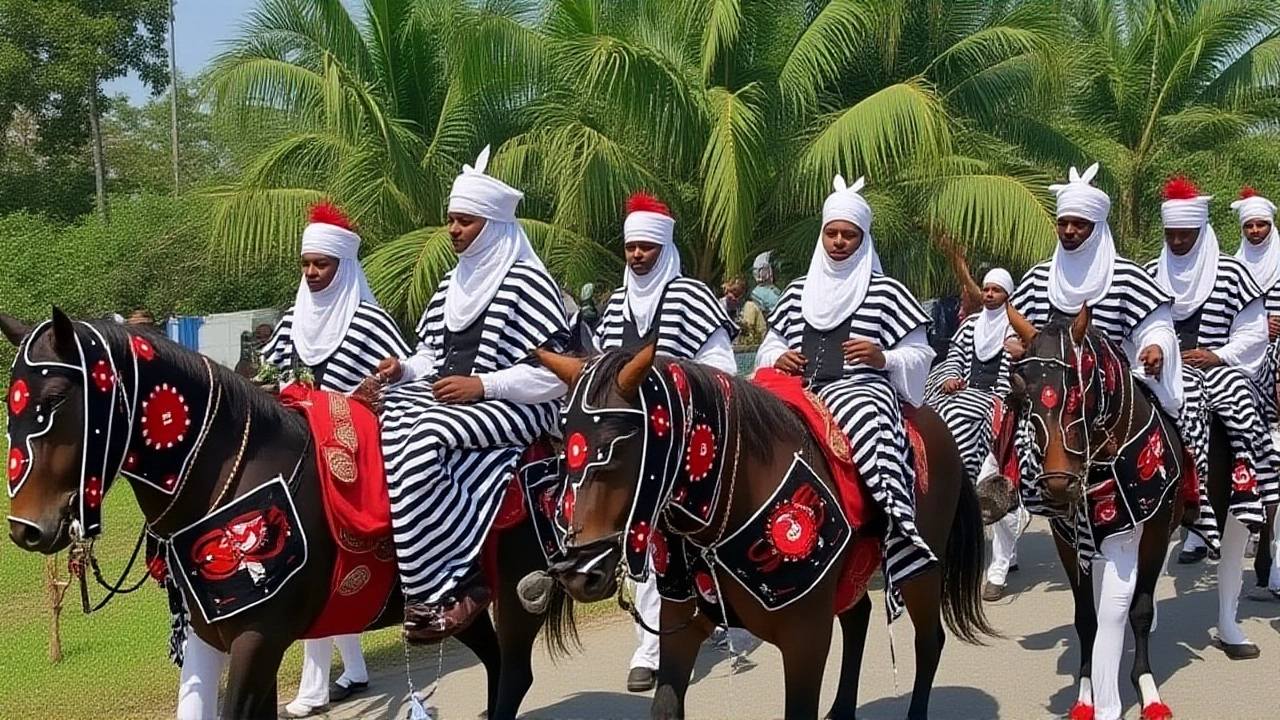Nigeria Diversity: A Deep Dive into Culture, Language, and Economic Impact
When talking about Nigeria diversity, the broad mix of ethnicities, languages, and cultural practices that define the nation. Also known as Nigeria's multicultural fabric, it shapes everything from daily life to national policy. The sheer variety means Nigeria diversity is more than a buzzword; it’s a lived reality for over 200 million people. This diversity encompasses ethnic groups, the dozens of distinct peoples such as the Yoruba, Hausa‑Fulani, Igbo and hundreds of smaller communities who each bring unique customs and histories. It also includes languages, more than 500 tongues ranging from major lingua francas like Hausa, Yoruba and Igbo to regional dialects that survive in villages. Together, these elements require cultural awareness in business, education, and governance, because policies that ignore this mix often miss the mark.
Because of that rich mosaic, the country's culture, music, festivals, food and storytelling that vary from the north’s Hausa festivals to the south’s vibrant masquerades drives a booming creative economy. The Nigerian film industry, known as Nollywood, leans on local narratives to capture audiences worldwide, while musicians blend traditional beats with global sounds, creating a cultural export worth billions. At the same time, the government’s local content policy, initiatives like the 70 % Nigerian participation target in oil and gas projects by 2027 reflects an effort to turn diversity into economic advantage. Organizations such as PENGASSAN have highlighted how expatriate hiring can sideline qualified locals, prompting tighter work‑permit rules and a push for home‑grown expertise. In practice, this means companies must understand regional labor markets, language barriers, and cultural expectations to succeed in the oil sector and beyond.
All of these layers—ethnic groups, languages, cultural output, and policy frameworks—interact to shape the daily experience of Nigerians and the country’s future direction. Below you’ll find stories that illustrate how this diversity plays out in sports triumphs, tech launches, political developments, and social initiatives across the continent. Whether you’re interested in how a local football derby reflects community identity, or how a new smartphone adapts to a multilingual market, the collection gives you a front‑row seat to the many ways Nigeria’s diversity drives innovation and challenges.

ABU Zaria’s 2025 Cultural Carnival Unites Students in a Vibrant Celebration
Oct 6, 2025 / 11 Comments
Ahmadu Bello University in Zaria hosted the 2025 Students' Cultural Carnival, uniting thousands of students in a vibrant showcase of Nigeria's diverse traditions and sparking calls for similar events nationwide.
READ MORERECENT POSTS
- Reflecting on One Year of Conflict: Israel's Ongoing War on Gaza and Its Global Repercussions
- James Rodriguez Returns to La Liga with Rayo Vallecano Free Transfer
- Julius Malema convicted, faces 15‑year prison term and parliamentary ban
- Chelsea vs Wrexham: Pre-season Friendly Ends in Thrilling Draw
- Stream the 2024 Chicago Marathon Live: A Complete Worldwide Guide
